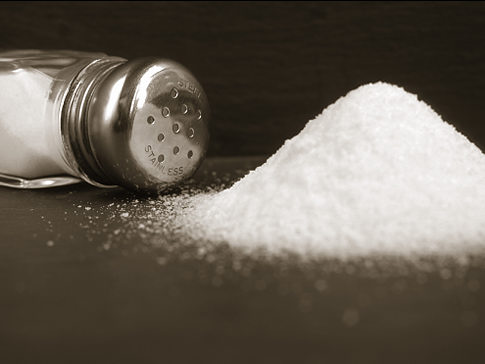
Sodium consumption is a major public health issue in Canada. Most Canadians consume more than double the amount of sodium that is needed for good health. Sodium is found in salt and packaged foods. Eating too much sodium can cause high blood pressure, stroke, heart disease and kidney disease. Given these health risks and in response to the Sodium Reduction Strategy for Canada, BC has taken a comprehensive approach to encourage lower sodium intake among British Columbians.
As part of BC’s Sodium Reduction Plan, the Province is working in partnership with BC health authorities to lower the sodium content of patient and resident meals in publicly funded health care facilities. Using a gradual approach, health authorities will aim to lower sodium by at least 10% annually to achieve the target of 2300 mg per day by the year 2016 or sooner.
Each health authority is responsible for developing a plan to meet their specific sodium reduction targets. Plans may include removing the salt packages from trays, using more herbs and spices, cooking with less salt and buying more lower sodium products. By applying new approaches and gradually reducing sodium each year, the goal is to reach sodium targets without compromising flavour.
To support implementation, the Province and health authorities are working with the food industry, exchanging best practices between BC health authorities, and making sure staff, patients and residents are aware of Sodium Reduction in Health Care.
For more information visit: www.healthyfamilies.bc.ca
